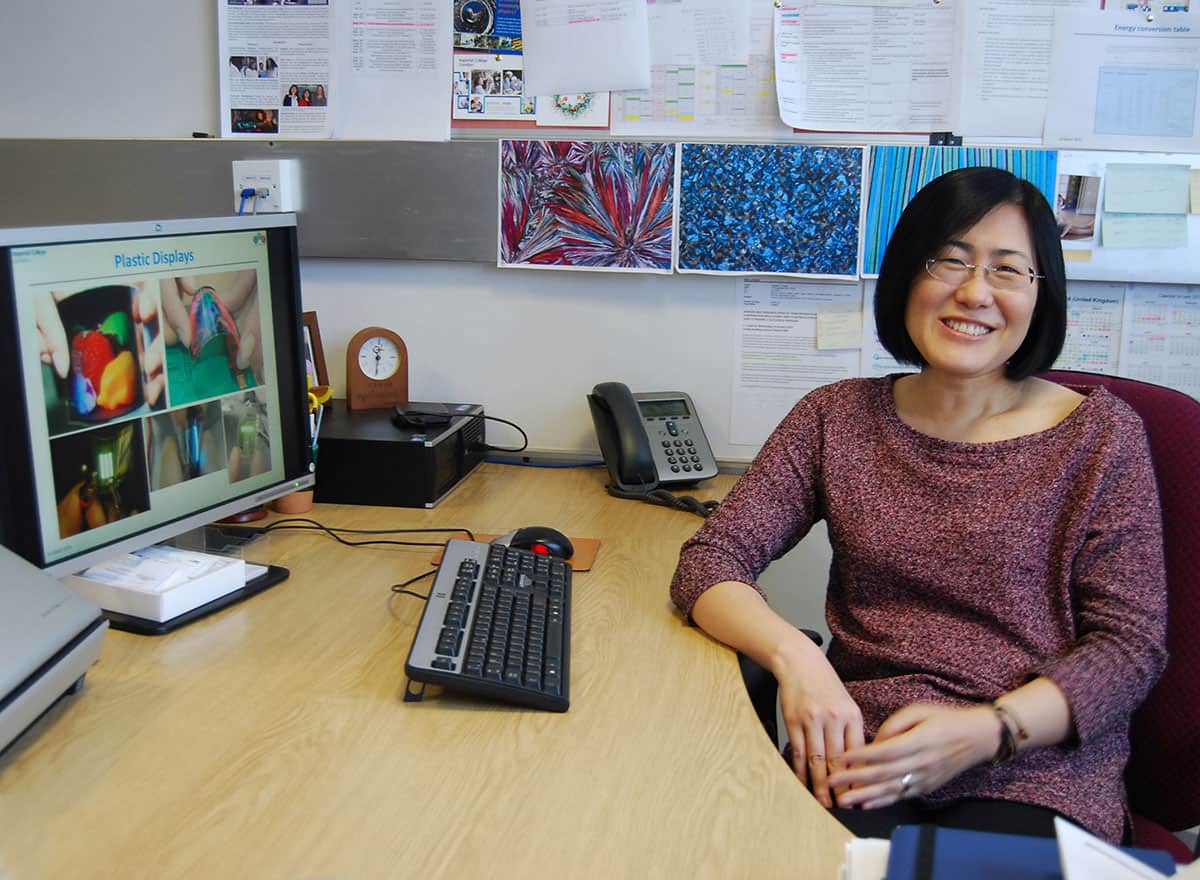Physicsworld
2w
247

Image Credit: Physicsworld
Organic magic: Ji-Seon Kim on how carbon-based semiconductors are shaping our present and future
- Ji-Seon Kim, a professor at Imperial College London, specializes in carbon-based semiconductors, known as organic or plastic semiconductors.
- She focuses on applications like printed solar cells and OLEDs, earning recognition for her work in materials physics.
- Kim's journey into organic semiconductors began at Cambridge University, where she researched OLEDs with Richard Friend.
- She transitioned from theoretical to experimental work, enhancing the efficiency and longevity of OLED devices.
- Kim's research delves into the physics and potential applications of organic semiconductors beyond display screens, including sustainable energy solutions.
- Organic semiconductors offer advantages such as lightweight design, tunable absorption of different wavelengths, and integration into various structures.
- Plastic fabrication methods enable cost-effective printing techniques for carbon-based semiconductors, expanding their applications.
- Kim aims to explore neuromorphic applications using organic semiconductors, creating synaptic transistors mimicking biological neurons.
- She tackles challenges like high binding energy between electron-hole pairs by exploring new small molecules in her research.
- Kim collaborates with institutions like KAIST and focuses on strengthening UK-Korea research ties for future technology development.
Read Full Article
14 Likes
For uninterrupted reading, download the app